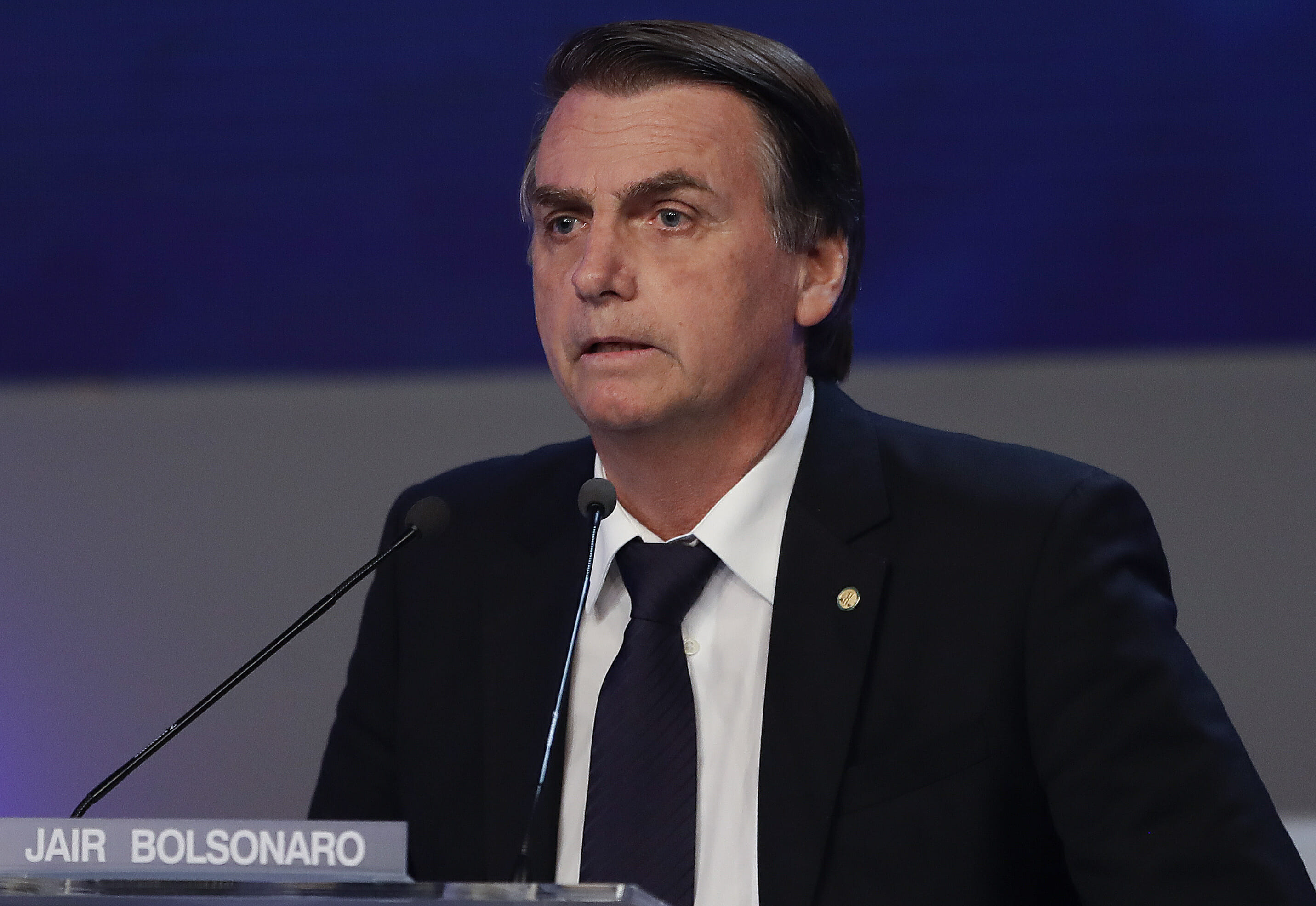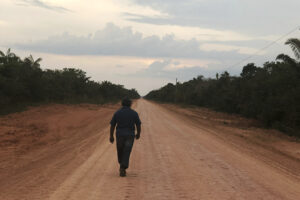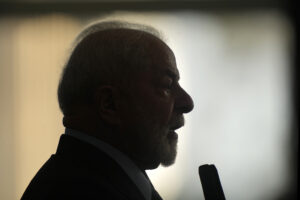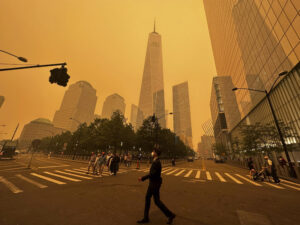Brazil’s New President Could Threaten Human Life on Earth
The world’s biggest rainforest is in danger. Jair Bolsonaro. (Andre Penner / AP)
Jair Bolsonaro. (Andre Penner / AP)
Jair Bolsonaro, Brazil’s newly elected president, has threatened to jail his political opponents. In 2013 he told an interviewer that he would rather his son die in a car crash than be gay. He speaks glowingly of Brazil’s former military dictatorship (promising jobs in his administration for former leaders) and disparages women, indigenous groups, black people and many other minority groups. His hateful rhetoric and policies have repercussions far beyond Brazil, and especially for the safety of our environment.
Bolsonaro’s win, The New York Times’ Somini Sengupta writes, is not only about the fate of Latin America’s largest country but also is a “referendum on the fate of the Amazon: the world’s largest tropical forest, sometimes known as the lungs of the Earth. The stakes for the planet are huge.”
The president-elect has said Brazil’s environmental policy is “suffocating the country.” He’s called environmental agencies “fines agencies” and campaigned on combining the environmental ministry with the agricultural ministry, which, as The Guardian writes, is “under control of allies from the agribusiness lobby.”
Marcio Astrini, the public policy director at Greenpeace in Brazil, told The Guardian that this new leadership means “[w]e have a serious risk of seeing the deforestation explode and an increase in violence.”
Bolsonaro had originally campaigned on pulling out of the Paris Climate Agreement, although he has since told reporters he’s changed his mind. Still, as Sengupta writes, “[Bolasaro’s] campaign promises, if carried out, could have dire consequences for the Amazon,” which “acts as a giant sink for the carbon dioxide emissions that the world as a whole produces.”
Even if Brazil stays in the Paris Climate Agreement, the country faces an uphill battle in controlling deforestation and carbon emissions. An analysis by Brazilian scientists found that if current environmental trends continue in the country, Brazil will not meet its emissions reductions targets under the Paris agreement. And Global Witness, in collaboration with The Guardian, found Brazil to be the deadliest place for environmental rights campaigners, with 49 deaths in 2016.
Bolsonaro also rejected the idea of setting aside forest land for indigenous Brazilians who have lived there for centuries, saying, “There won’t be a square centimeter demarcated as an indigenous reserve,” despite growing evidence that, as Sengupta explains, “forest reserves controlled by native people in many countries provide some of the best defenses against deforestation.”
The election result is particularly jarring for a country that was once seen as an environmental leader and, as Sengupta reports, “had pledged zero illegal deforestation by 2030 under the Paris agreement and sharp reductions in its carbon emissions as a whole.”
Reaching those goals will be an uphill battle under a president who cares more about agribusiness’ bottom line than the health of the planet.
Read the entire New York Times article here.
Dig, Root, GrowThis year, we’re all on shaky ground, and the need for independent journalism has never been greater. A new administration is openly attacking free press — and the stakes couldn’t be higher.
Your support is more than a donation. It helps us dig deeper into hidden truths, root out corruption and misinformation, and grow an informed, resilient community.
Independent journalism like Truthdig doesn't just report the news — it helps cultivate a better future.
Your tax-deductible gift powers fearless reporting and uncompromising analysis. Together, we can protect democracy and expose the stories that must be told.
This spring, stand with our journalists.
Dig. Root. Grow. Cultivate a better future.
Donate today.








You need to be a supporter to comment.
There are currently no responses to this article.
Be the first to respond.